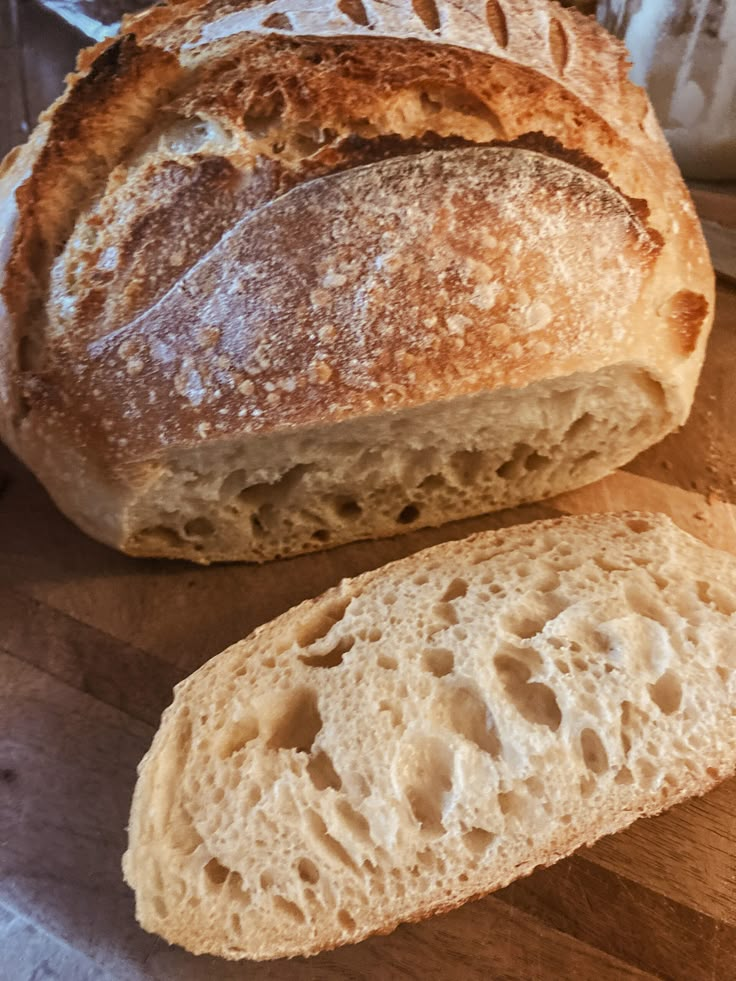
The Rise of Sourdough: More Than Just a Trend
In the last ten years, Sourdough bread rose, both literally and metaphorically, from the dark corners of supermarket shelves to become a common favorite in artisan bakeries and home kitchens all over the world. But it seems like the only ‘hipster’ reason is not its tangy flavor, crunchy texture, and the joy of home fermentation. It is also drawing attention because of its purported health benefits, especially its impact on the gut microbiome.
What is the Gut Microbiome and Why Does it Matter?
Gut microbiome is what we call the thousands of bacteria that inhabit our intestines. This astonishing blend of bacteria, yeasts, and other microorganisms contributes to the processes of digestion, immune health, and arguably the most, our mental health. The delicate equilibrium of helpful and harmful microbes in the gut is important, as it influences the health of the person, controlling problems from nutrient absorption supplementation to the levels of inflammation.
Preserving a good state of the body has become one of the key objectives in microbiome to keeping people healthy, and it has become a point of interest in research. While the spotlight is given to probiotic-laden foods, such as yogurt and pickled vegetables, it seems as though sourdough bread brews up in the shadows.
What Is The Difference In Sourdough
Sourdough stands out due to its baking process. Unlike other types of bread that use commercial baker’s yeast, sourdough employs wild yeast and lactic acid bacteria which ferments the dough naturally. Such a process enhances the bioavailability of gluten and phytic acid, making them easier to digest.
 healthybodyboost.net Healthy Body Boost
healthybodyboost.net Healthy Body Boost



